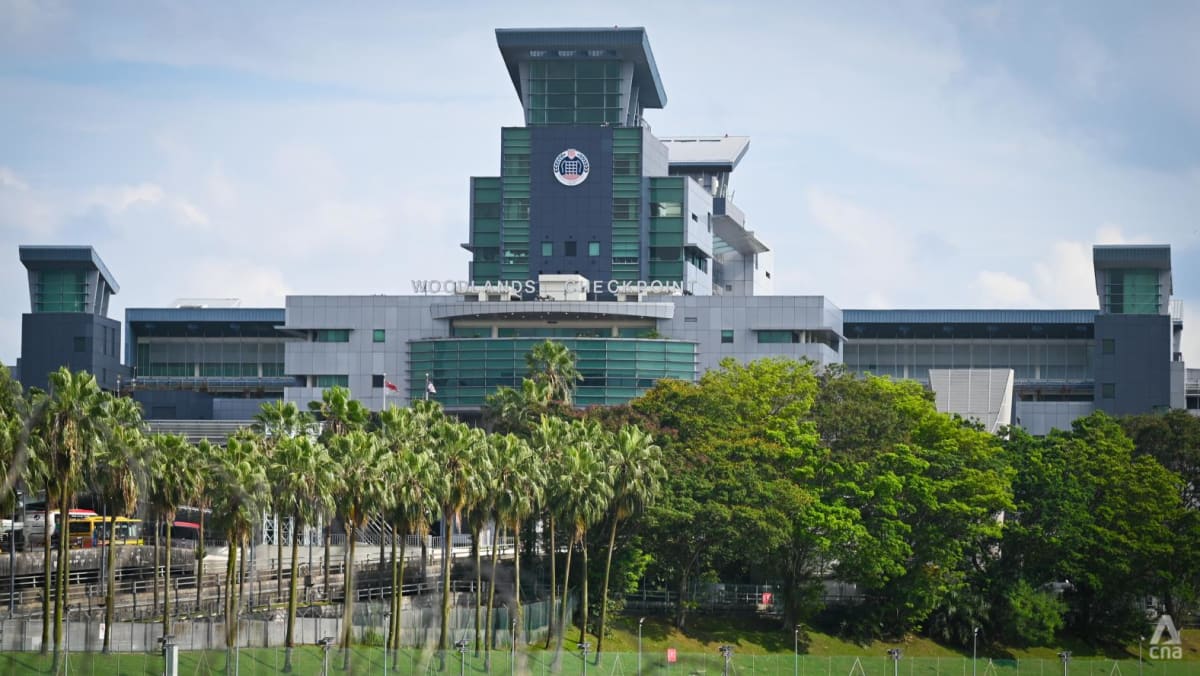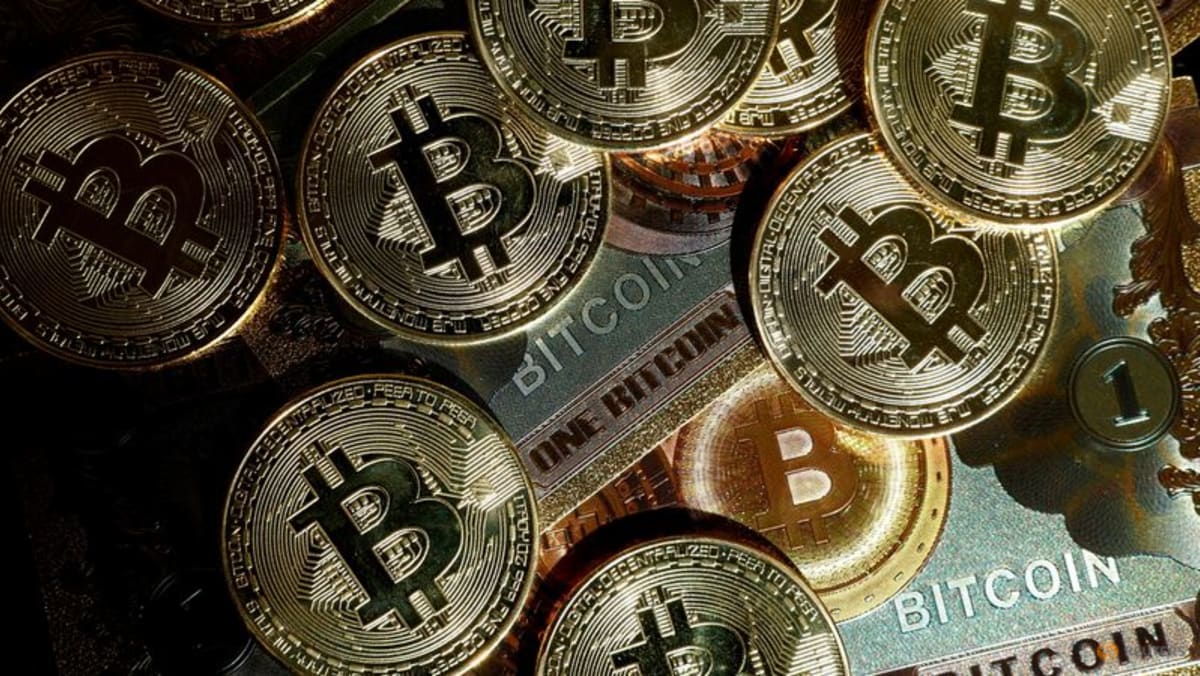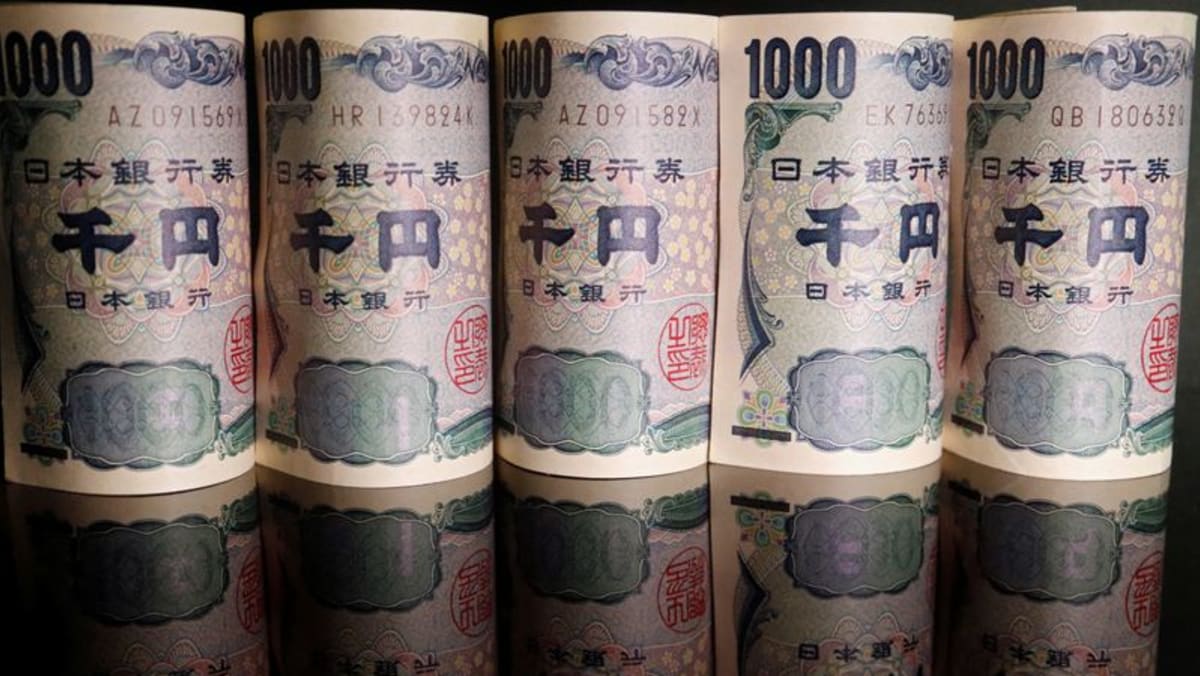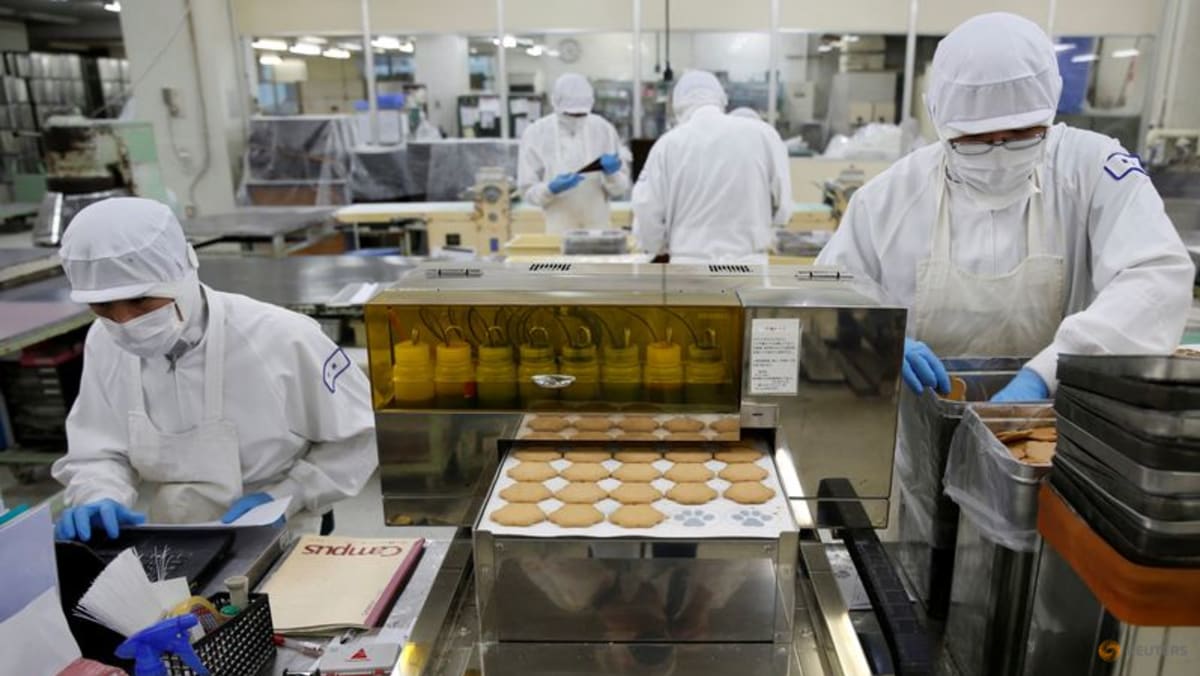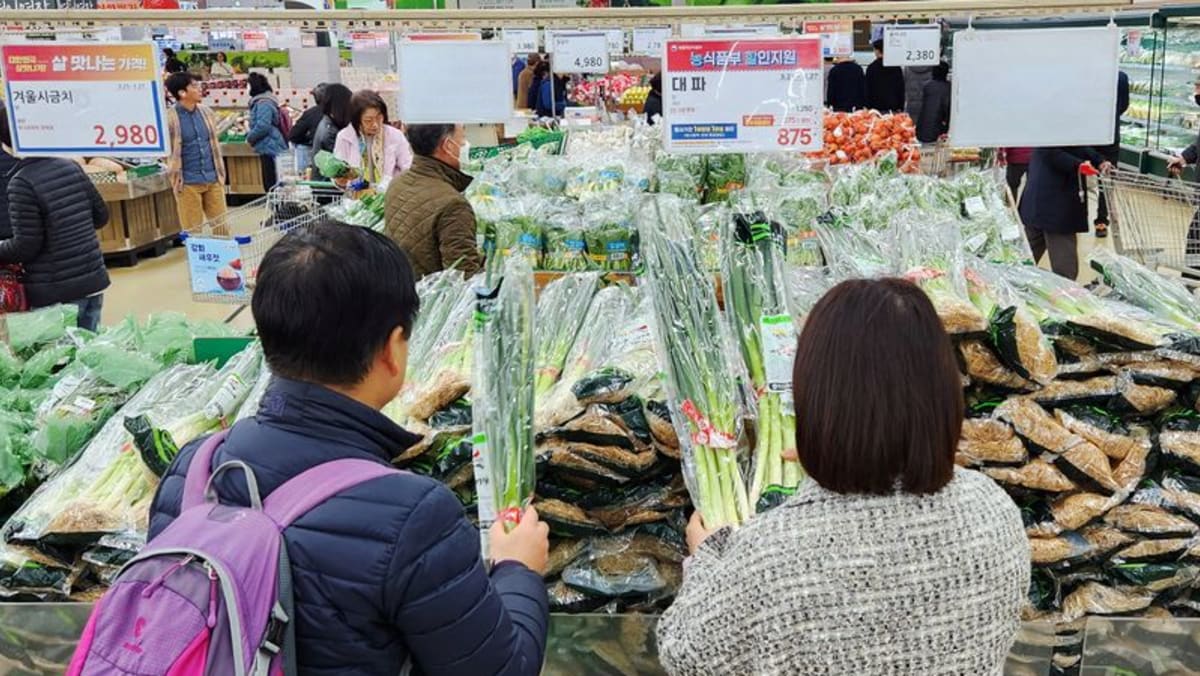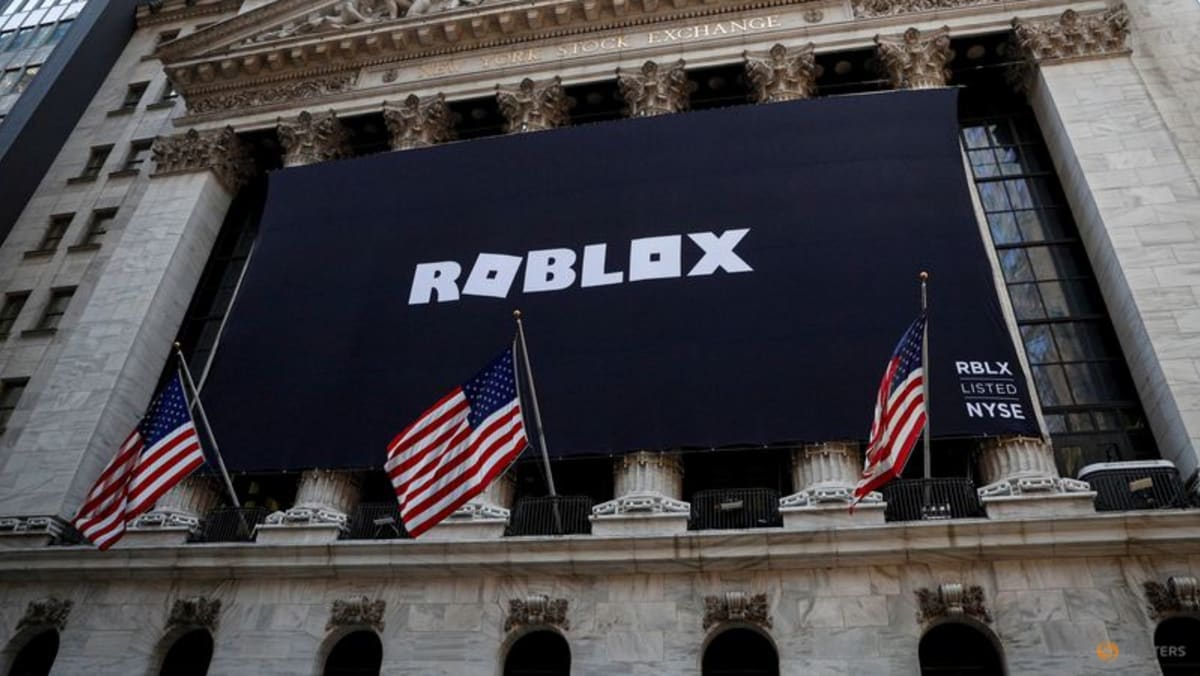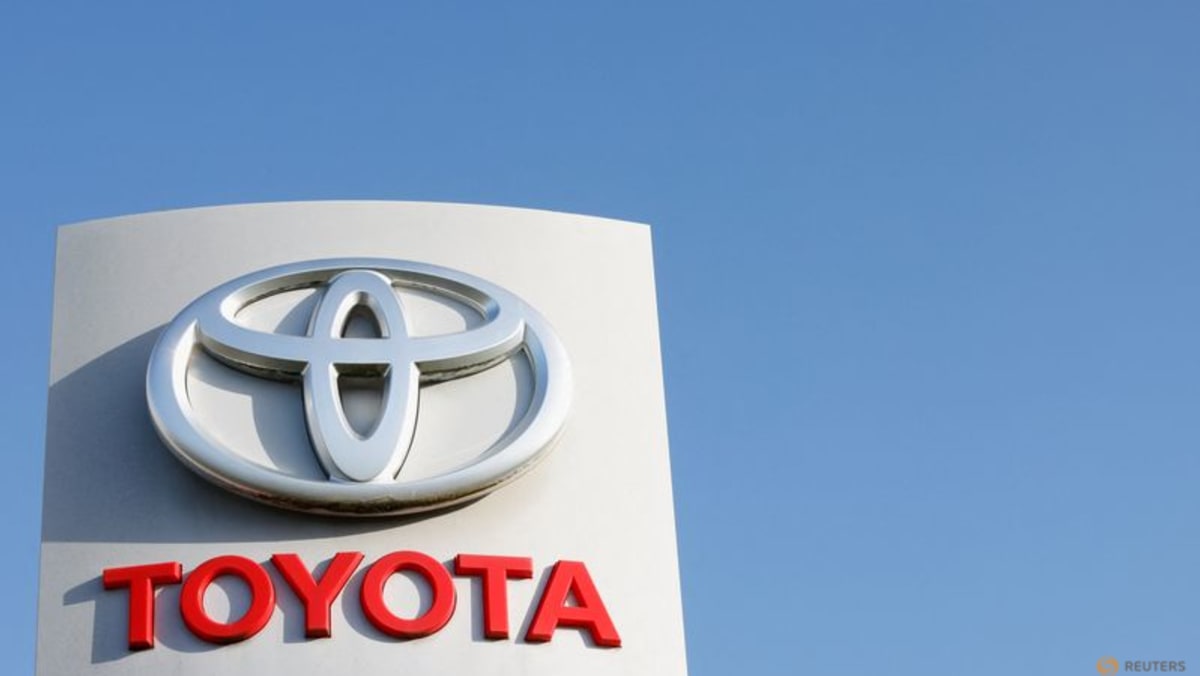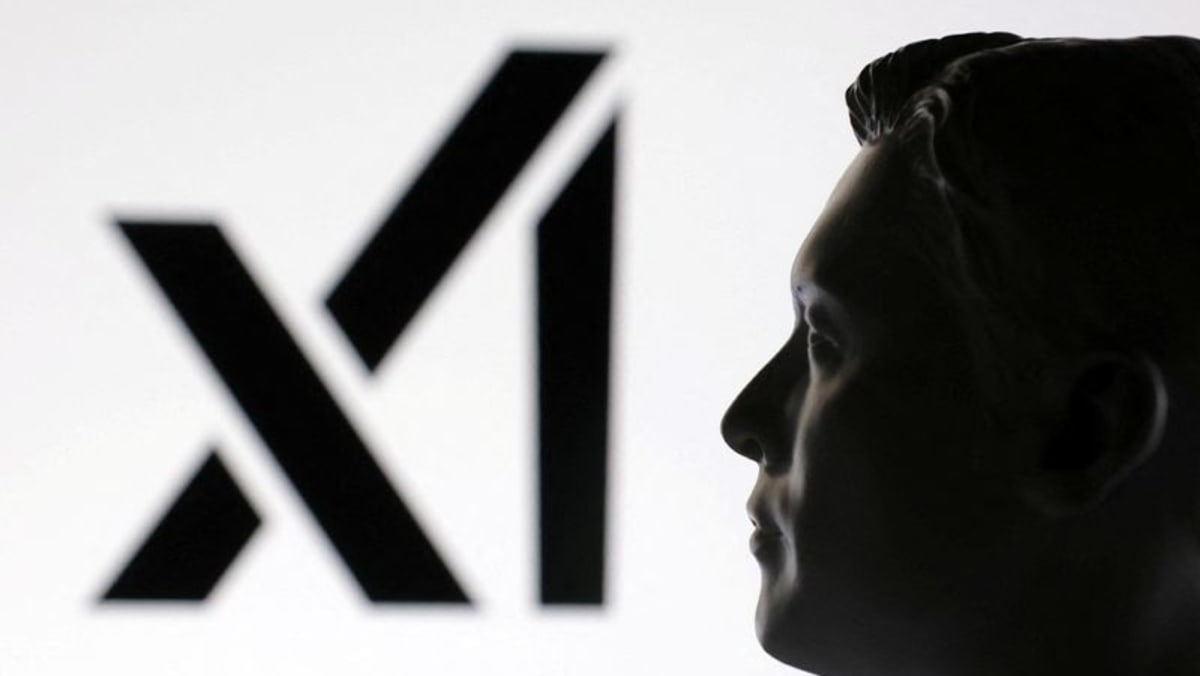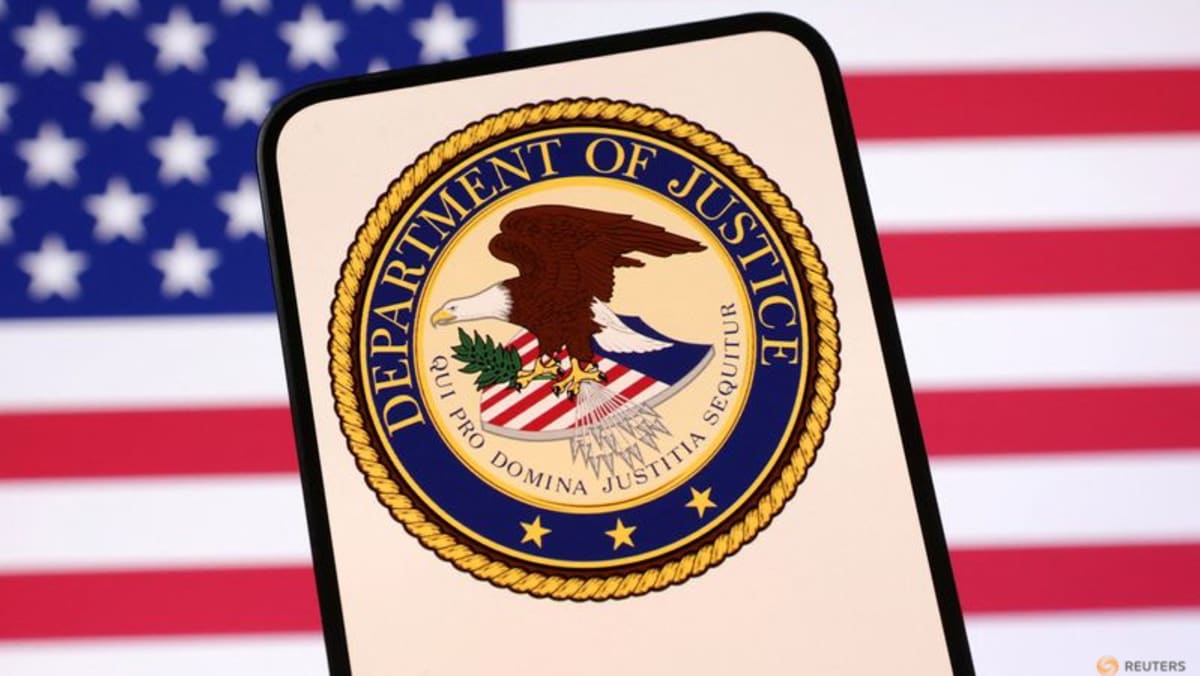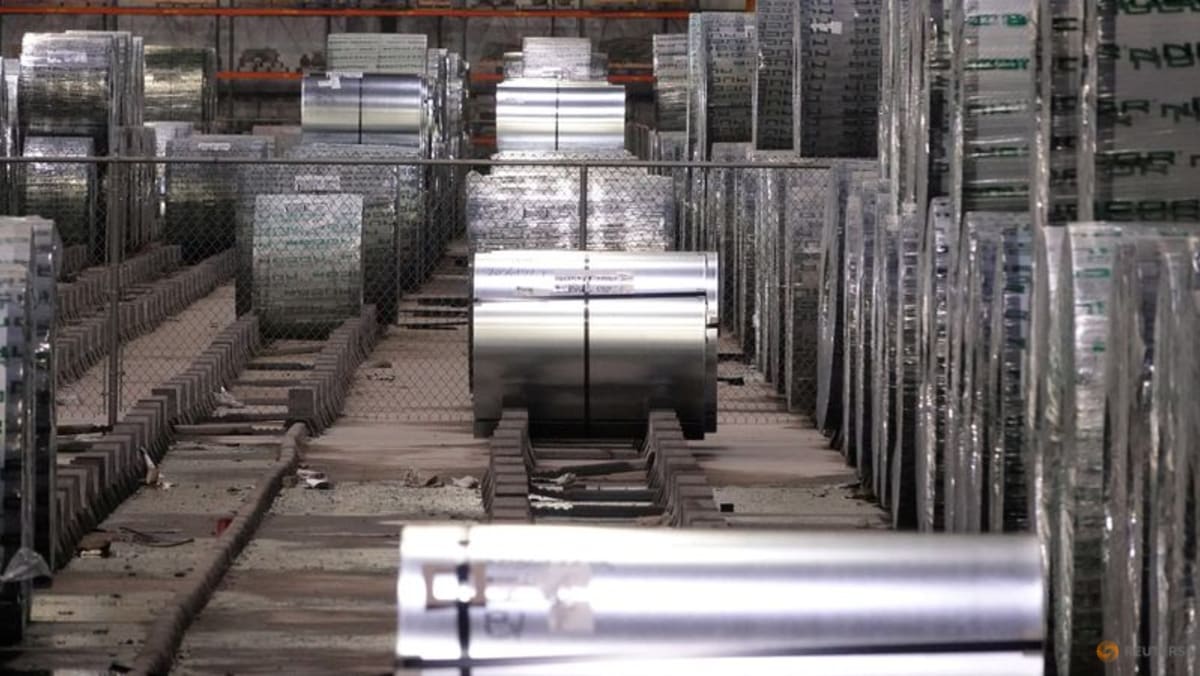TOKYO :Investment by Japanese companies in plants and equipment surged to a record in the first quarter led by industries focused on domestic demand, but key export sectors reduced spending in a sign that U.S. tariffs are undermining business confidence.
Capital spending in January-March grew 6.4 per cent to 18.8 trillion yen ($130 billion), according to finance ministry data on Monday. The previous record had been set in 2007.
But business investment has been patchy, dipping 0.2 per cent in the previous quarter to mark the first fall in nearly four years.
On a seasonally adjusted basis, capital spending rose 1.6 per cent during the quarter.
“Capital expenditure has been driven by those sectors benefiting from strong domestic sales thanks to price hikes or inbound tourism such as hotel construction,” said Takeshi Minami, chief economist at Norinchukin Research Institute.
Spending for the food sector climbed 13 per cent while the real estate sector increased spending by 11 per cent. Tellingly, however, spending by the auto sector fell 1.4 per cent and spending by makers of factory equipment dropped 4.1 per cent.
“After Trump’s election victory in November, the tariff threat has turned some of those companies cautious about fresh investment,” Minami said.
The data is unlikely to have a significant impact on revised gross domestic product figures due on June 9, he added.
Preliminary GDP data last month showed Japan’s economy shrank by an annualised 0.7 per cent in the first quarter, contracting for the first time in a year due to stagnant consumer spending and falling exports.
Capital expenditure, a key gauge of domestic demand-led economic growth, has been generally strong in recent years as companies spent on information technology to offset a chronic labour crunch arising from the country’s fast-ageing population.
The brisk spending has been backed by rising corporate profits. Monday’s data showed corporate sales rose 4.3 per cent in the first quarter from a year earlier, and recurring profits increased 3.8 per cent.
U.S. tariffs, however, threaten car makers and other export-oriented Japanese firms which form the backbone of the economy.
Trump imposed 10 per cent tariffs on most imports into the United States and has also imposed 25 per cent levies on cars, steel and aluminium.
Japan also faces a 24 per cent tariff rate starting in July unless it can negotiate a deal with Trump.
According to an estimate by the Japan Research Institute, if all the threatened tariff measures against Japan were take effect, U.S.-bound exports will fall by up to 6 trillion yen a year, squeezing corporate profits by up to 25 per cent.
That would slow wage growth at manufacturers to 2-2.4 per cent in 2026 from an increase of around 3 per cent currently, the institute said in a report last week. That would in turn weaken the Bank of Japan’s working assumption that sustained wage gains will spur domestic demand and justify raising interest rates further.
($1 = 143.68 yen)
